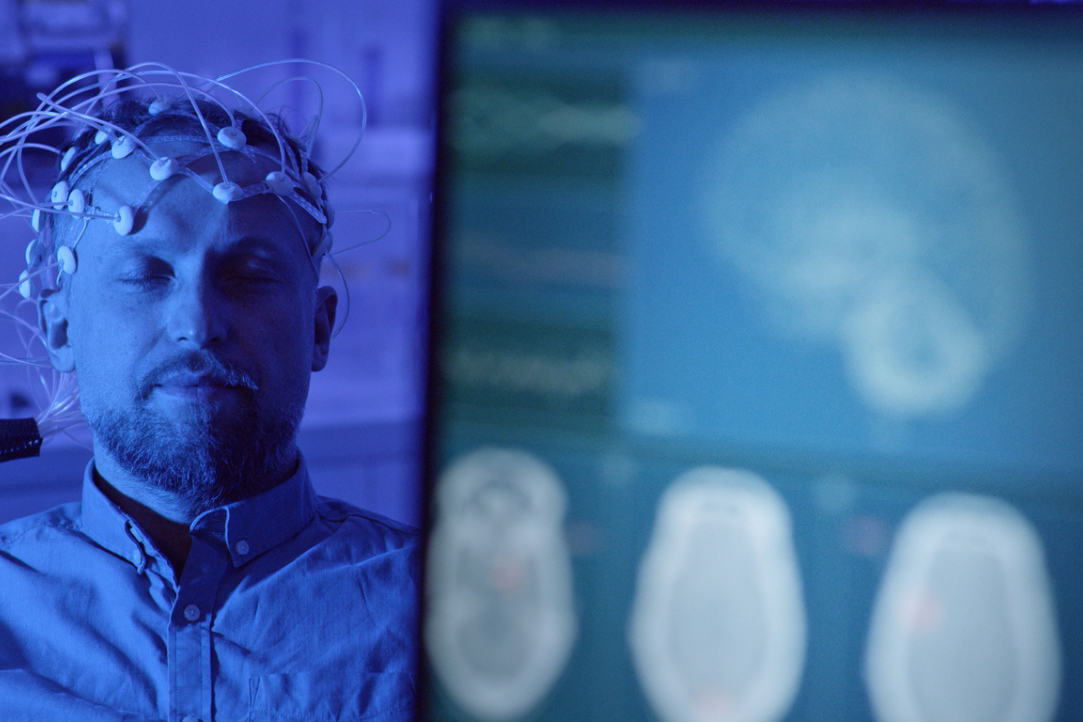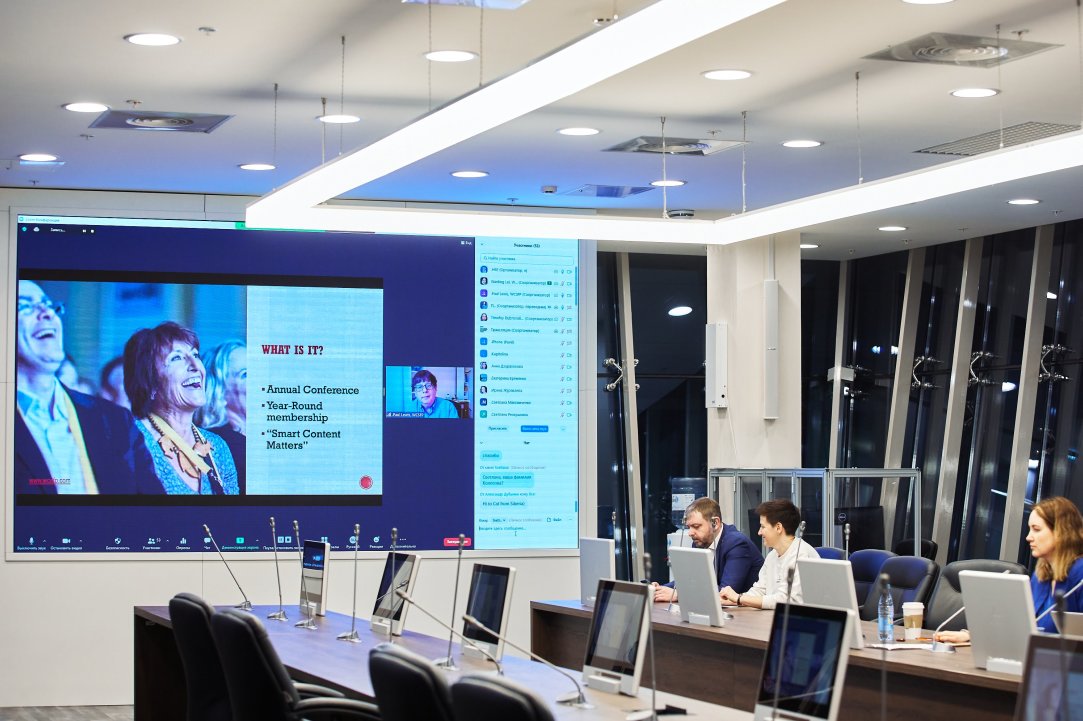
Between St. Petersburg and Moscow: International Lab Researchers Create a New Theoretical School
In Russia, 2021 was declared the Year of Science and Technology. HSE has always paid special attention to the development of science, and more than 40 international laboratories have played an important role in the development of the university as a world research centre. One of the University’s first such laboratories was theRonald F. Inglehart Laboratory for Comparative Social Research (LCSR), named after its academic supervisor at the time, American sociologist and political scientist Ronald Inglehart. HSE News Service spoke with LCSR Laboratory Head and professor of sociology Eduard Ponarin (HSE – St. Petersburg) about the Laboratory’s work over the past decade.

Lockdown by Algorithm: A Proposed Model Calculates Optimal Restriction Levels
During the pandemic, countries have endeavoured to protect their citizens without hurting their economies with excessive restrictions. At the seminar ‘Living with Covid-19: Optimal Lockdown Policies’, Hubert Kempf, academic supervisor of HSE University’s International Laboratory for Macroeconomic Analysis, presented a mathematical model that can be used to calculate the optimal level of restrictions.

Guaranteed Income: Dependence or a Chance to Escape Poverty?
Many national governments have responded to the sharp rise in poverty during the pandemic with new social support programmes, including direct cash payments. During a joint seminar between the HSE Institute for Social Policy and the World Bank held as part of work conducted by the Human Capital Multidisciplinary Research Centre,experts discussed approaches that have been implemented abroad and the prospects of a minimum guaranteed income in Russia.

Group Testing Method Developed for COVID-19
Researchers Mario Guarracino from the HSE Laboratory of Algorithms and Technologies for Networks Analysis in Nizhny Novgorod and Julius Žilinskas and Algirdas Lančinskas from Vilnius University, have proposed a new method of testing for COVID-19. This group method allows results to be obtained 13 times faster as compared to individual testing of each sample. The research paper was published in the journal Scientific Reports.

Artificial Neurons Help Decode Cortical Signals
Russian scientists have proposed a new algorithm for automatic decoding and interpreting the decoder weights, which can be used both in brain-computer interfaces and in fundamental research. The results ofthe study were published in the Journal of Neural Engineering.

3D-Modelling Helps Read Ancient Russian Inscriptions of the 12th and 13th Centuries
Using 3D-modelling, researchers of HSE and the Institute of Slavic Studies of the Russian Academy of Sciences (RAS) have restored and deciphered an ancient literary monument of North-Eastern Ancient Rus — inscriptions about the murder of Prince Andrey Bogolyubsky written in 1175–1176 on a wall of the cathedral in Pereslavl-Zalessky. The study was published in Slověne = Словѣне. International Journal of Slavic Studies.

Twelve Trends Among Contemporary Russian Women
Every year, HSE University carries out dozens of studies on women’s lifestyles, behaviours, and changes in family, social, and economic status in Russia. IQ.HSE editors have selected the most essential trends revealed by these studies about Russian women today.

Researchers Find a Connection Between Trump’s Tweets and the Exchange Rate of the Rouble
Tweets about Russia by Donald Trump during his presidency caused short but noticeable depreciations of the rouble. Meanwhile, the introduction of new sanctions, upon which the president did not comment, had no such effect. This was the finding of a group of researchers, which included Elena Fedorova, Professor of the Faculty of Economic Sciences of HSE University. The group published their findings in in the Journal of Economic Behavior and Organization.

Online Platforms Prove to Be Effective in Helping People in Russia Who Use Drugs
The pandemic has increased opportunities to reduce harm resulting from drug use. Against the backdrop of quarantine measures in Russia, an increase in the active development of work through online platforms with people who use drugs has begun. The available results have already demonstrated their effectiveness.

‘Science and Art Coming Together is a Key Global Trend’
HSE University held a round table devoted to science documentaries. The participants discussed possible approaches to securing support for movie production and distribution, choosing topics of interest, and encouraging cinemas to show films about science.

